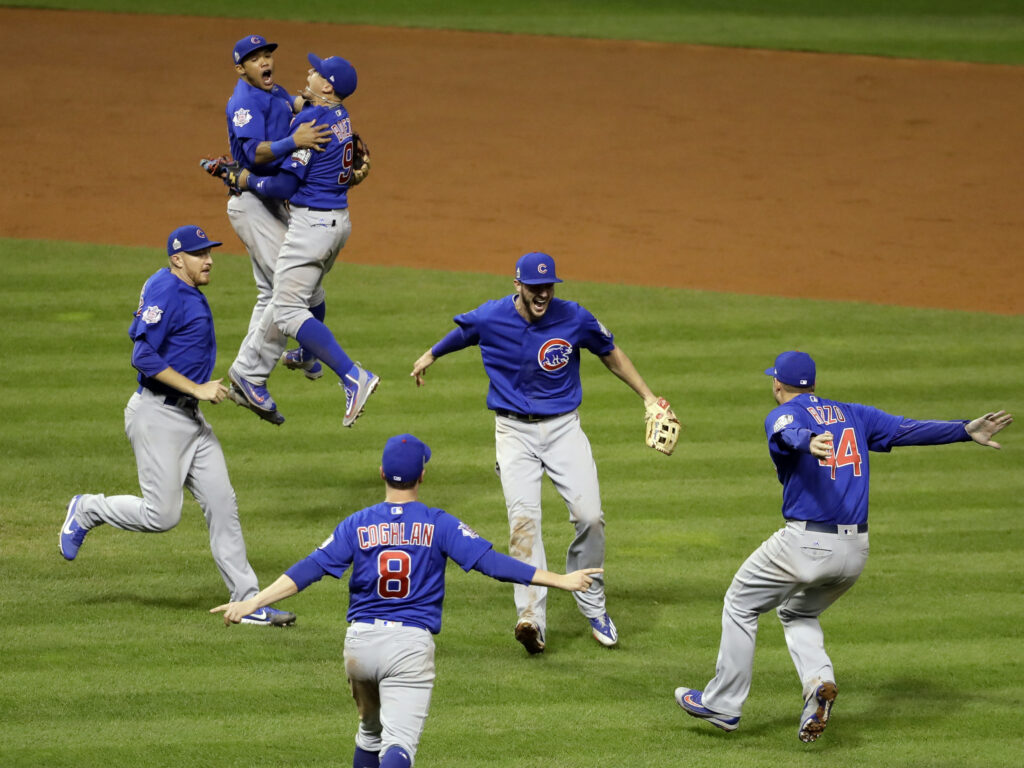The Origin and Evolution of the Chicago Cubs: A Comprehensive History
Founded as the Chicago White Stockings in the late 19th century, the team now known as the Chicago Cubs boasts a rich and intricate history. From their beginnings as an amateur team, through their transformation into a professional outfit, their journey has been punctuated by triumphs, setbacks, and an enduring legacy that has solidified their place in the annals of baseball history.
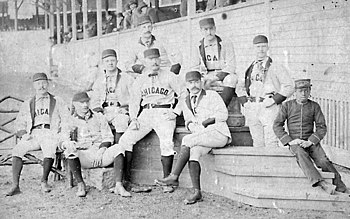
The Early Years: From White Stockings to Cubs
The Chicago Cubs trace their roots back to the post-Civil War era when they were formed as the White Stockings. They played their first professional match on April 25, 1876, and emerged victorious against the Louisville Greys. During these initial years, they were led by the first player to amass 3000 hits, Hall of Famer Adrian “Cap” Anson. His 22-year tenure as a player and manager was instrumental in establishing the team’s early success.
However, as the 19th century drew to a close, the team underwent a series of transformations. They were monikered the “Colts” and the “Orphans” before finally adopting the name “Cubs” in 1902. This change was a nod to the youthful talent that the team’s manager, Frank Selee, had assembled in an attempt to revitalize the team after a string of disappointing seasons.
The Golden Era: 1906-1910
The early 20th century marked a golden era for the Cubs. Under the leadership of Frank Chance, the team’s player-manager, the Cubs experienced one of their most successful periods. In 1906, they set a still-standing National League record by winning 116 games and finishing 20 games ahead of their competitors. Despite this remarkable regular-season performance, they were upset by their cross-town rivals, the Chicago White Sox, in the World Series.
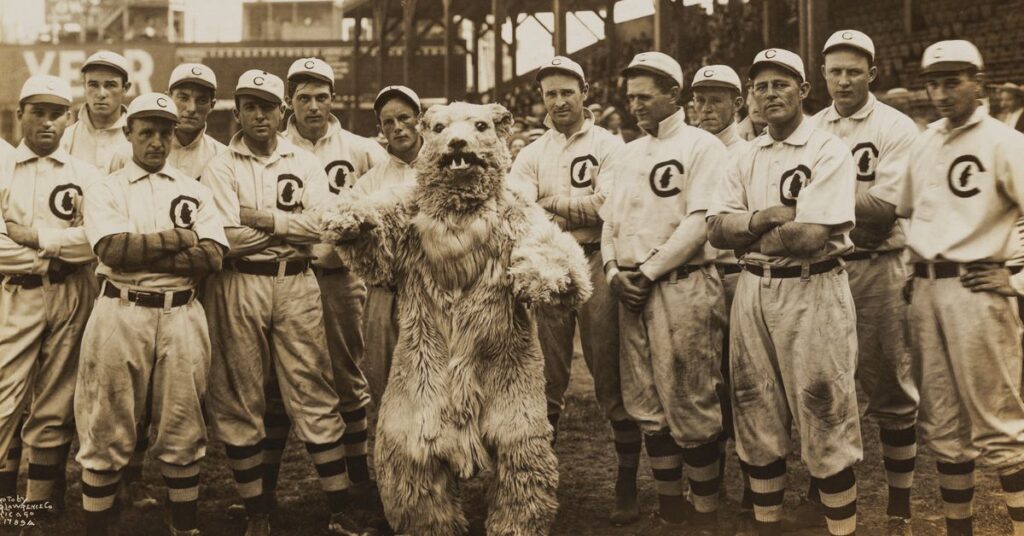
Undeterred, the Cubs made it back to the World Series in 1907 and 1908, emerging victorious over Ty Cobb’s Detroit Tigers on both occasions. These back-to-back championships remain the only ones the franchise would win until the 21st century.
The Mid-Century Years: 1918-1945
The Cubs continued to enjoy sporadic success in the early to mid-20th century. They clinched the pennant in 1918 under the guidance of new manager Fred Mitchell, but lost the World Series to the Boston Red Sox. In 1921, the team came under new ownership when chewing gum magnate Phillip Wrigley purchased the team and rechristened their home ground as Wrigley Field.
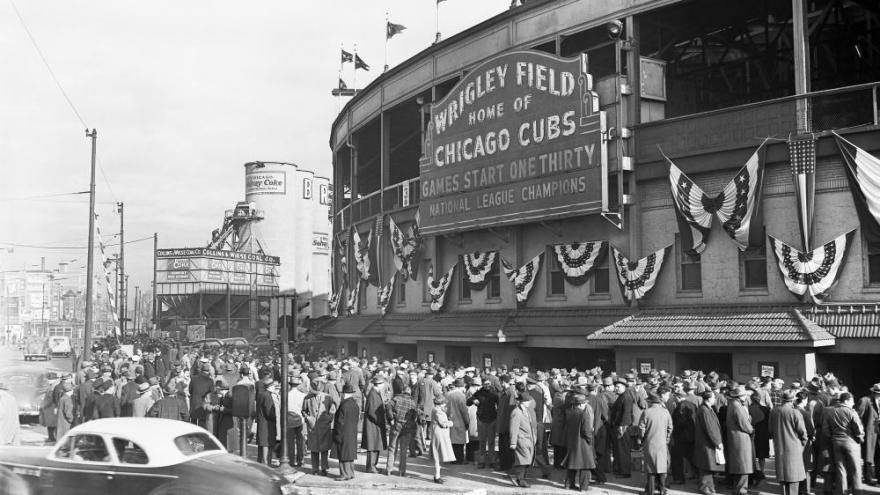
The Cubs had a dominant run in the late 1920s and 1930s, winning the pennant in 1929, 1932, 1935, and 1938. Despite this success, they were unable to secure a World Series win. The 1945 season saw the Cubs clinch their last pennant of the century, only to lose the World Series in 7 games to the Detroit Tigers.
The Post-War Years: 1947-1966
The post-war years were a period of decline for the Cubs. The team endured a 20-year stretch of poor performance, finishing last five times and only managing to finish above .500 once. However, the team’s fortunes began to change in the late 1960s under veteran manager Leo Durocher. With a strong supporting cast surrounding Ernie Banks, the heart and soul of the Cubs, the team became a contender but never a winner. The 1969 campaign was a particularly bitter pill to swallow for Cubs fans, as the team blew a nine-game lead in August to the Miracle Mets.
The Late 20th Century: 1984-1998
The late 20th century saw the Cubs experience a resurgence. With the installation of lights at Wrigley Field in 1988, the team enjoyed some success, clinching division titles in 1984, 1989, and 1998. However, the team was unable to translate this success into World Series victories, with their 1984 campaign ending in a heartbreaking loss to the Padres in the National League Championship Series.
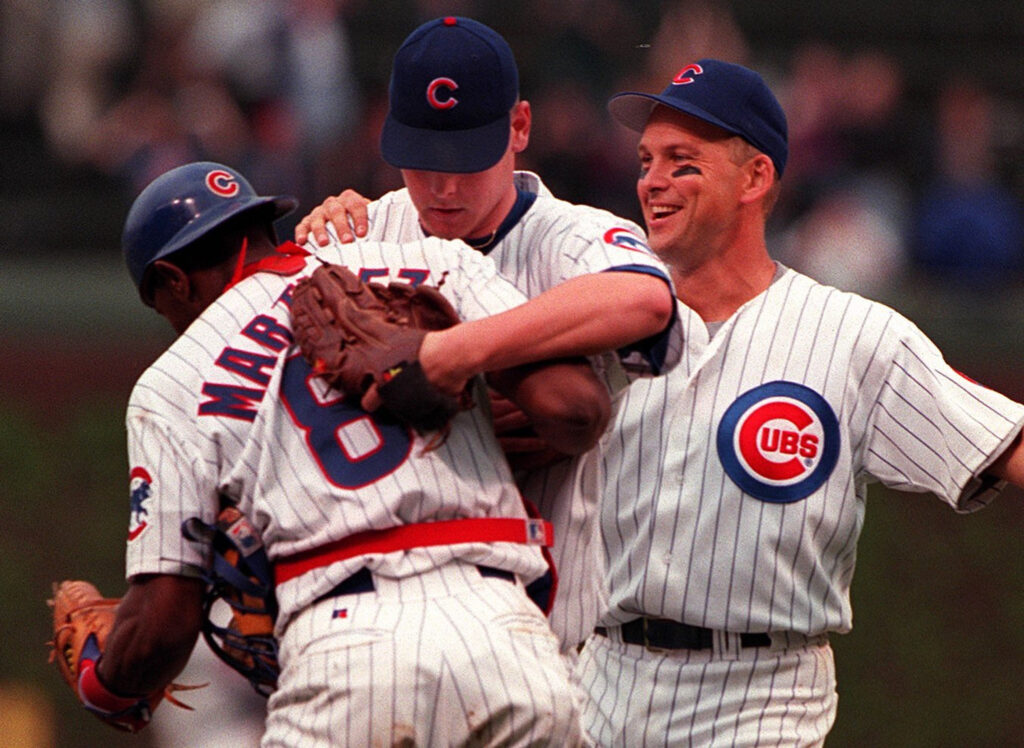
The 21st Century: 2003-Present
The dawn of the 21st century brought renewed hope for the Cubs. They reached the postseason in 2003, 2007, 2008, and 2015 but were unable to secure a World Series berth. The 2003 campaign was particularly agonizing, with the team just five outs away from reaching the World Series when fan interference led to a heartbreaking loss to the Florida Marlins in the National League Championship Series.
However, 2016 proved to be a turning point for the Cubs. With key moves at the trade deadline and an MVP season from third baseman Kris Bryant, the Cubs ended their 108-year World Series drought by defeating the Cleveland Indians in a thrilling seven-game series. The team continued to be competitive, reaching the postseason in 2017 and 2020, although they were unable to advance beyond the Wild Card games.
The history of the Chicago Cubs is a testament to the enduring spirit of one of the oldest franchises in baseball. From their origins as the White Stockings to their transformation into the Cubs, their journey has been marked by triumphs, setbacks, and an unwavering commitment to the game. Their story continues to unfold, adding new chapters to their rich history with each passing season.
